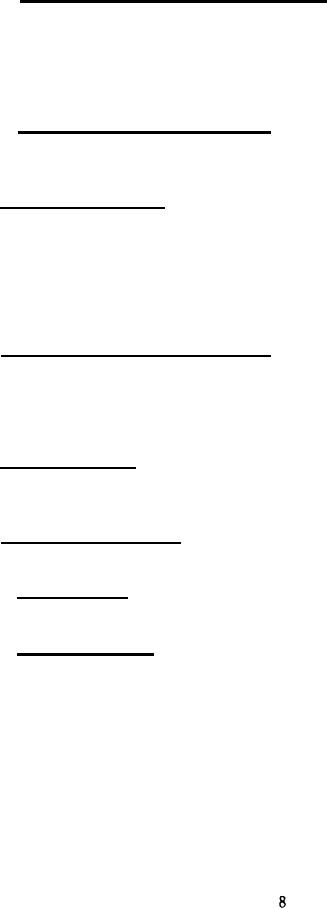 |
|||
|
Page Title:
Electrical insulation requirements |
|
||
| ||||||||||
|
|  MIL-F-8615D
3.6.5.6 Electrical insulation requirements. The electrical components shall
withstand, without damage, breakdown, or excessive leakage current, applications
of test voltages in accordance with the test procedure of Section 4. The AC
dielectric current shall not exceed 2 milliamperes. Insulation resistance
shall not be less than 100 megohms for motors, or 200 megohms for other elec-
trical components.
3.6.5.7 Electromagnetic interference. The electrical components shall meet
the applicable requirements of MIL-STD-461 and shall be capable of satisfying
the requirements of MIL-E-6051 when installed in the aircraft.
3.6.6 Thermal protection. If normal operation of the equipment or if an
electrical fault can generate high temperatures, thermal protection shall
be incorporated to assure that the assembly is maintained within safe tem-
perature limits under all operating or nonoperating conditions. The peak
temperature, from any heat source, of any portion of the assembly in contact
with fuel or fuel vapors, shall not exceed 200C or a lower temperature in
accordance with the item specification.
3.6.7 Shaft seals, drains, and vents. Motor operated fuel system components
shall provide shaft seals and a suitable drain chamber between the motor and
the component unless the rotating element of the motor is immersed in fuel.
A vent connected to an electrical motor chamber shall not be connected to
the seal drain chamber and shall incorporate a flame arrestor.
3.6.8 Traps and voids. Fuel system components shall not contain traps,
pockets, or voids in which moisture may freeze or contaminants may collect
that affects performance or reliability.
3.6.9 Threaded connections. Threaded connections shall comply with MIL-S-7742,
MIL-S-8879, MS16142, MS33649, MS33656, or MS33657, as applicable.
Pipe threads shall not be used except for permanent
3.6.9.1 Pipe threads.
closures.
3.6.9.2 Threaded safety. All threaded parts shall be positively locked
or safetied in accordance with applicable military standards or other accepted
practice. Wherever loosening of a self-locking nut could possibly result in
the nut or other parts entering the fuel system plumbing, approval of the
installation shall be obtained from the procuring activity. The use of
cotter pins on studs, or the use of lockwashers or staking is prohibited.
|
|
Privacy Statement - Press Release - Copyright Information. - Contact Us |